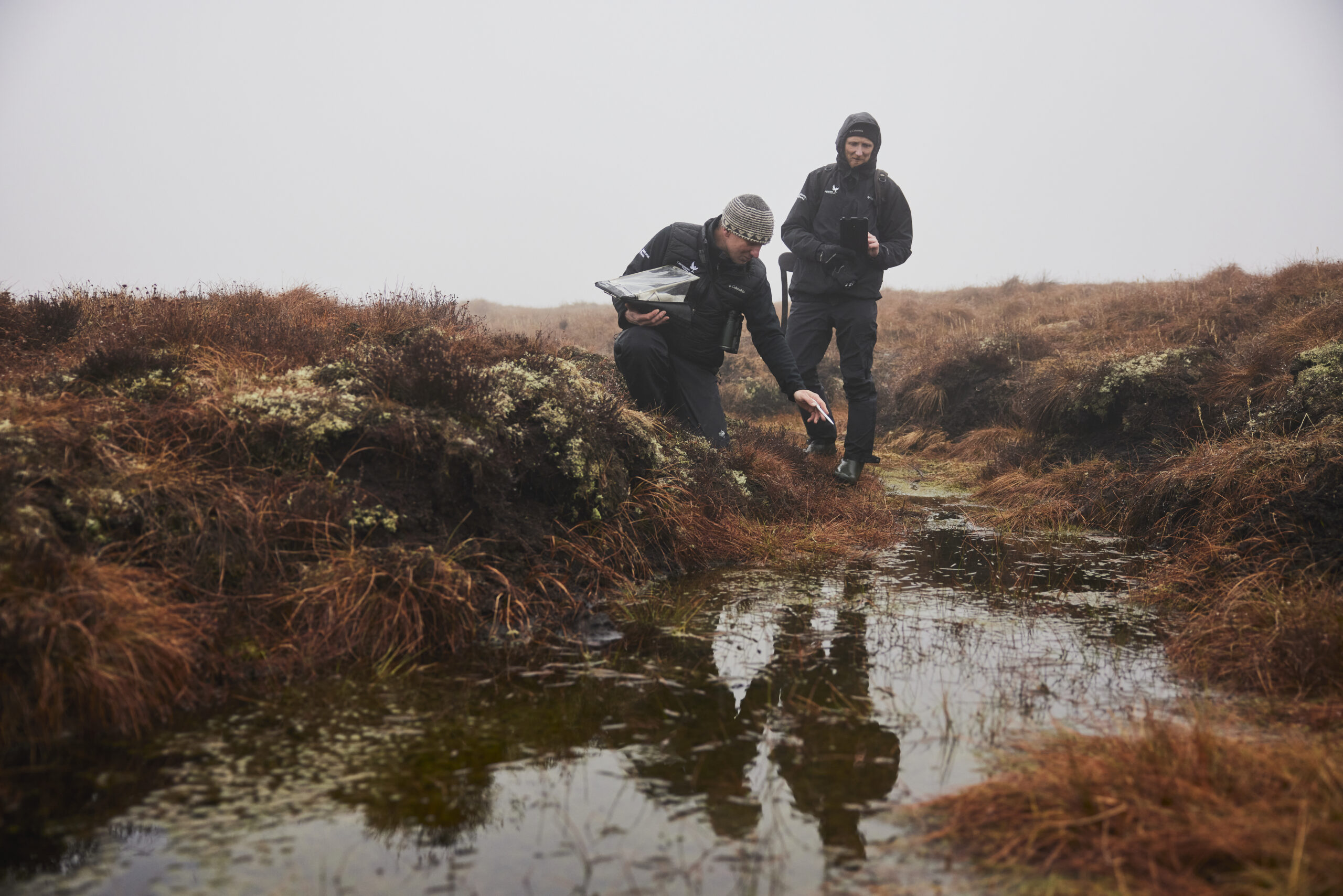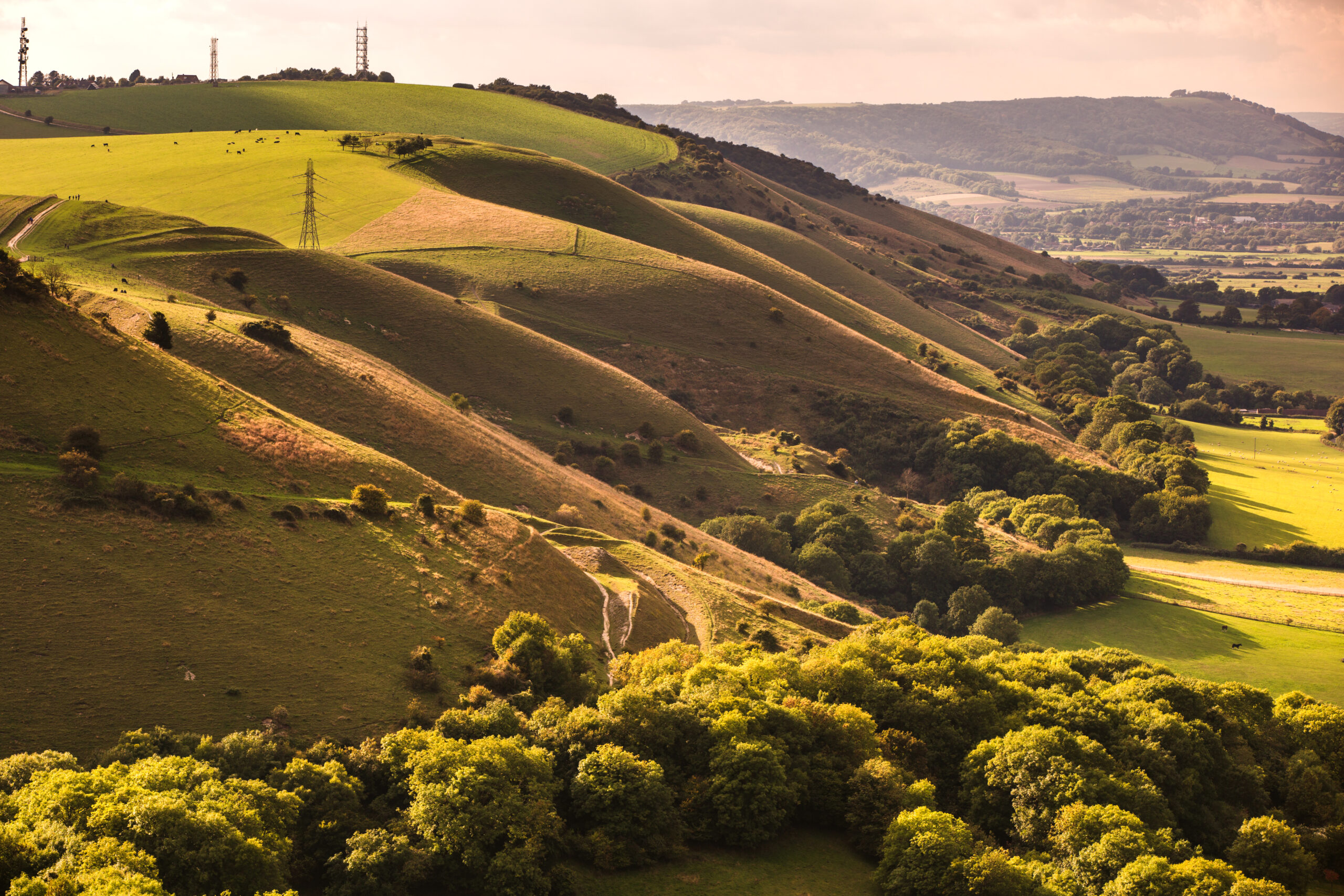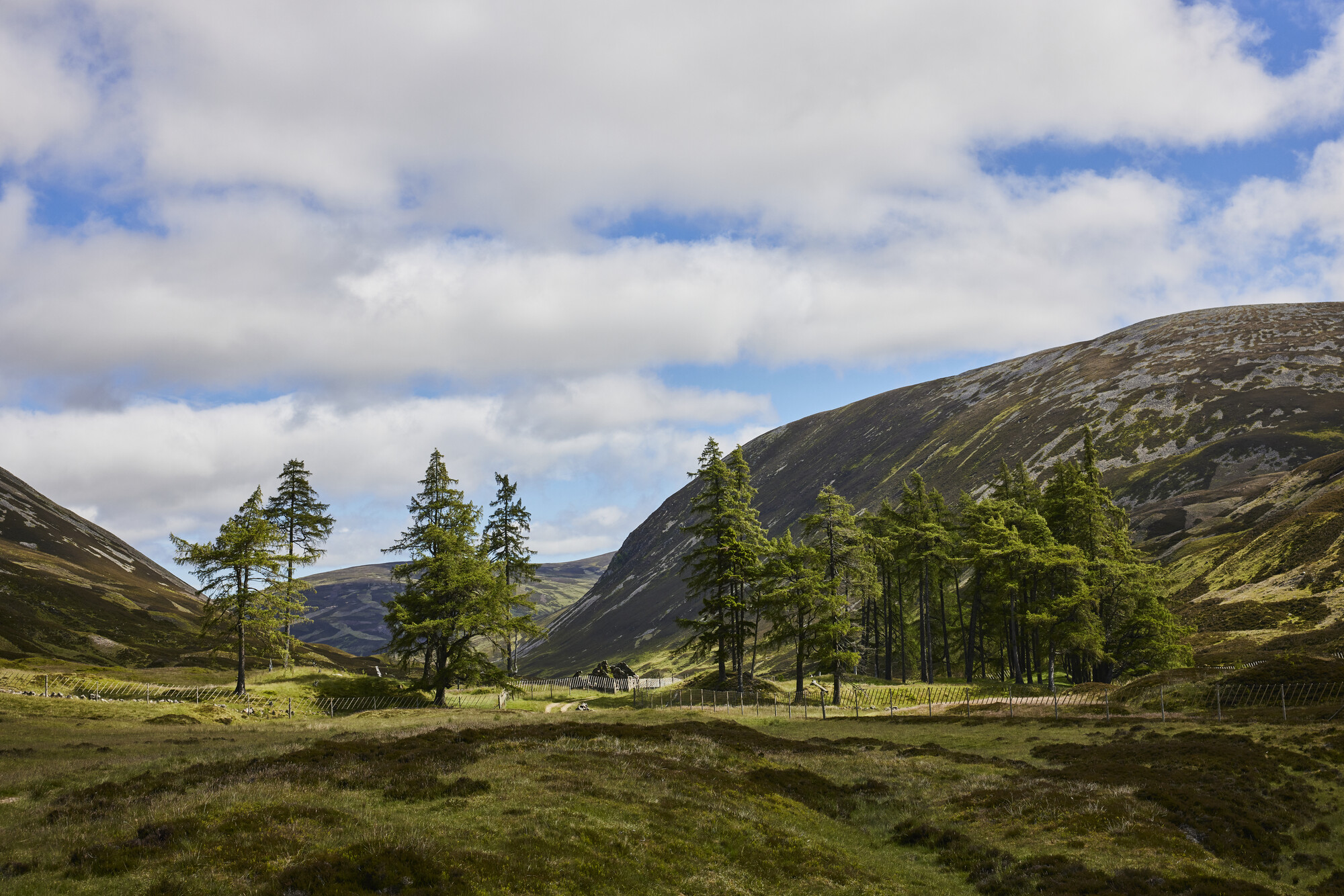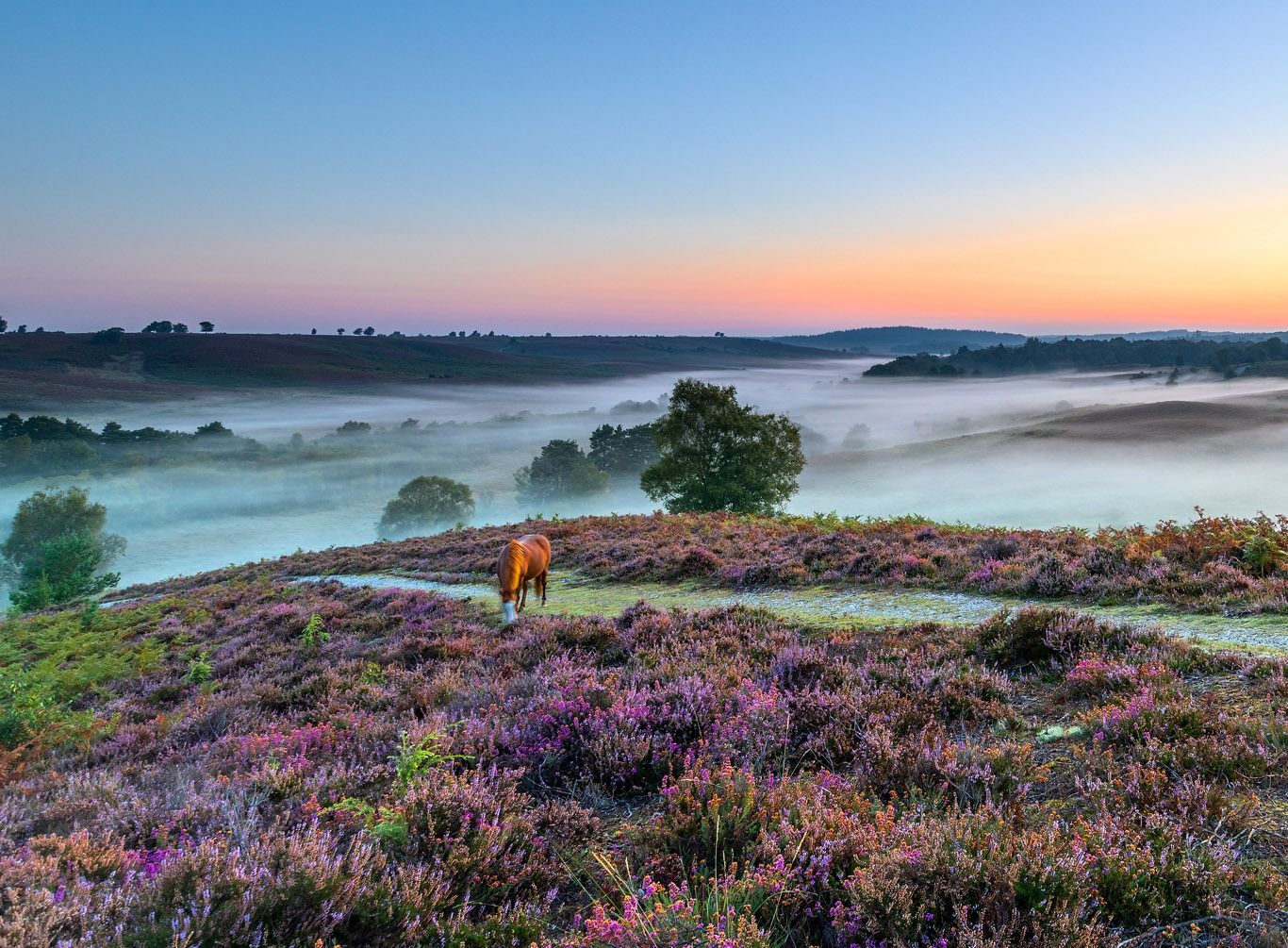“If we fail here, we will fail everywhere.”
Campaign to support the statement with call to arms #UniteForNature
GLASGOW, 5 November 2021: The organisations in charge of some of the largest tracts of protected landscapes and marine environments across the world have come together for the first time to call upon world leaders to support their work at the vanguard of the fight against Climate Change and Biodiversity loss. Orchestrated by National Parks UK, as host nation for COP26, the statement has been signed by, amongst others, the International Union for the Conservation of Nature (IUCN)/ World Commission on Protected Areas (WCPA), EUROPARC, Parks Canada, the United States National Park Service and the Great Barrier Reef Marine Park Authority (full list below). The statement has been welcomed and endorsed by UK, Scottish and Welsh Governments.
The statement notes:
‘As a family of Protected and Conserved Areas we recognise that no single site or organisation can address the global crisis of climate change nor the exacerbating impact of climate change on biodiversity loss.
[Together we are] well placed to … support the ambition of countries around the world, including the G7 … by taking rapid and far-reaching actions to tackle climate change and biodiversity loss. We can be the first 30% that inspires and informs land and sea use choices across the remainder of the planet, and we can be the places where billions of people connect with nature and become inspired to play an active part in combatting the dual crises.’
The full text of the statement can be read here.
James Stuart, Convener of Loch Lomond & the Trossachs National Park and architect of the statement commented: “In the fight against biodiversity loss and climate emergency, if we fail here, we will fail everywhere. We’re star players, don’t leave us on the bench.
“Climate change is not confined within national borders, and I believe this unique agreement can help spread innovation and good practice to our collective benefit. In turn we can show the way for countries, landowners and individuals across the world – inspiring them to put nature and nature-based solutions at the heart of their thinking and their economic and life choices.”
Stuart signed the statement on behalf of UK National Parks in the UK Pavilion at COP26 as part of the Youth Day events. The most prominent signature was reserved for the front of the document and provided by Catriona Manders, Youth Committee & Junior Ranger, Loch Lomond and the Trossachs National Park, which is just 20 miles from the COP26 venues in Glasgow. She signed on behalf of future generations, charging Governments and conservation organisations with a duty to work together more closely.
Catriona commented: “We are no longer at a point where we can have world leaders ignore the climate and biodiversity crises. We must act now. And we, as protected areas, have a duty of care to be the catalyst that sparks change. We know what we’re fighting for, so let’s fight.”
Catriona urged others to join her call to action and support for the statement using the hashtag #UniteForNature.
The statement clearly articulates the role of protected areas to accelerate the positive impact of their collective work. Specifically, a commitment to:
Focus on aspects of our work that drive scale of impact and benefit, including:
- Collaborate and exchange knowledge internationally,
- Lever and build our connections with billions of people (visitors and supporters) and communities to inspire behavioural change,
- Support a global movement for the deployment and implementation of nature-based solutions at scale, and
- Inspire and enable those working outside the protected landscapes by linking with initiatives outside our boundaries and sharing our experiences.’
The statement makes the case for the central role of these landscapes and the organisations that protect them: Protected and Conserved Areas need to be brought into the centre of the work to resolve the climate change and biodiversity loss crises. Protected and Conserved Areas’ capabilities should be leveraged to direct transformative levels of investment in nature-based solutions; and their connections and importance to cultures, communities and visitors should be harnessed to unlock and demonstrate the opportunities for vast behavioural change.
Madhu Rao, Chair of the IUCN/WCPA said: “Protected and Conserved areas are critically important solutions in combating the twin crises of climate change and biodiversity loss simultaneously. Increasing investment in these areas can not only help safeguard biodiversity in both the terrestrial and marine realms, but also help secure their role as important carbon sinks helping human societies cope with climate change impacts by reducing risks associated with climate-related hazards.”
U.S. Secretary of the Interior, Deb Haaland said: “Protected and conserved areas are special places that connect all of us to nature and help ensure that our lands and waters will be available for generations to come. Through this Joint Statement, land managers from the United States and around the world are declaring a united commitment to addressing critical needs facing the planet. Together as an international community of protected areas, we can reduce greenhouse gas emissions, serve as core sites and landscape partners in biodiversity preservation, promote climate-informed solutions, and share knowledge and inspiration with visitors and stakeholders.”
Founding signatories to the statement include:
- Bureau of Land Management (USA)
- Centre for National Parks and Protected Areas
- EUROPARC Federation
- European Ranger Federation
- Great Barrier Reef Marine Park Authority
- Israel Nature and Parks Authority
- IUCN/WCPA
- Korea National Park Service
- The National Association for Areas of Outstanding Natural Beauty
- National Oceanic and Atmospheric Administration (USA)
- National Park Service (USA)
- National Parks UK
- Nature Conservation Agency of the Czech Republic
- NatureScot
- New South Wales National Parks & Wildlife Service
- Nigeria National Park Service
- Parks and Wildlife Finland
- Parks Australia
- Parks Canada
- Sabah Parks
- Quebec-Labrador Foundation/Atlantic Center for the Environment
- South African National Parks
- US Bureau of Reclamation
- US Fish and Wildlife Service
- US Forest Service
- World Urban Parks
This announcement comes just after, National Parks UK and Palladium announced Revere – a nature restoration facility with to harness the role of UK National Parks in fighting climate change. Through Revere, businesses and investors can fund Nature-based Solutions (NbS) in UK National Parks and support land managers to develop nature restoration models that can generate revenue through sale of ecosystem services. Revere aims to leverage £240million of private finance for nature recovery projects by 2030.
Stuart commented: “Revere is a good example of the sort of new thinking that can be created in one country and shared with other protected landscapes worldwide. In the UK we see the role of National Parks as innovation engines for green recovery. We can trial new approaches at a scale that makes an immediate impact and because we already have the management structures in place, we can do this rapidly to prove concepts that can then be used in other landscapes either in the UK or around the world.”
Philip Hygate, Chair, National Association for Areas of Outstanding Natural Beauty, said: “We are proud to unite for nature shoulder to shoulder with so many other protected landscape organisations throughout the world. Protected landscapes are at the sharp end of climate change and nature loss and are seeing its effects already.”Organisations wishing to express an interest in signing the statement should contact National Parks UK or James Stuart by email










